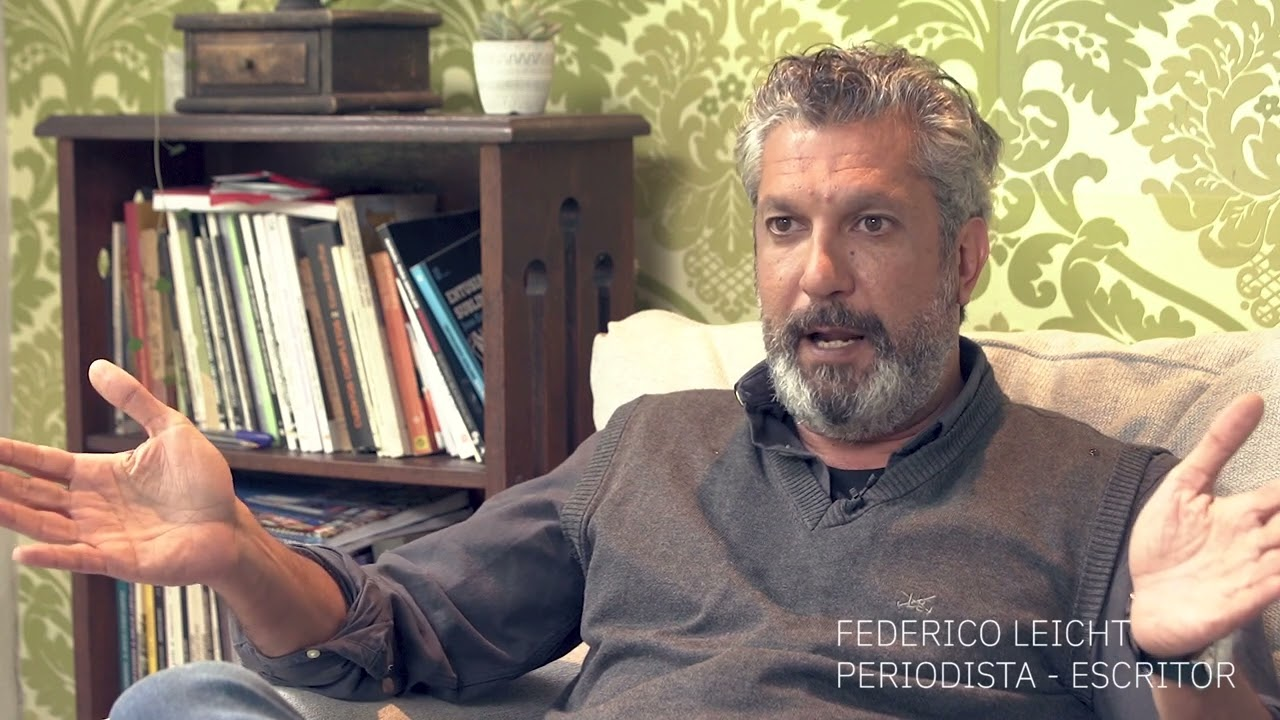Approximately 50 years ago, more precisely on June 27, 1973, at the same time as many other countries in the region, Uruguay was immersed in the process of civil-military dictatorship, ending that “tradition” that marked the eastern country as a “liberal, democratic and republican” nation, according to all authors who have written on the subject.
Countless texts, research, and diverse literature have been written about this period, which ended in 1985, but not all have been duly reviewed by the academic, political, and journalistic establishment.
In this context and to change this paradigm, Federico Leicht, a renowned Uruguayan journalist, highlights the “Hegemony – Political Survival Guide”, or the biography of the former Tupamaro Amodio Perez.

The book caused a stir in the country at the time and led to the imprisonment of the biographer.
Leicht decided to compile and edit a series of very interesting works which seek to review this process, with positions not accepted by the cathedral and the current ruling classes of all the institutions of the Republic.
In his words:
“The univocal perspective of academic research, which places sedition and the Armed Forces as the determining actors of the conflict, produces biases and exclusions in identifying and evaluating the participation of other factors that have promoted the exercise of State violence”.
This new issue, with the participation of writer Mercedes Vigil, lawyer and diplomat Álvaro Diez de Medina, essayist Rodolfo Fattoruso, professor Diego Andres Diaz and colonel Roque Garcia, compiles five works elaborated by the renowned authors, to investigate this process with perspectives that challenge the ideas imposed by the Uruguayan political and academic establishment.
This compilation of texts seeks to go beyond the theory of the two demons (also famous in Argentine literature about the National Reorganization Process) and to review the actions of different actors, such as the Armed Forces, the seditious groups, and the political class of the time during this process.
Mercedes Vigil, in her article, evaluates the importance of the so-called “critical generation” of authors such as Carlos Quijano and Juan Carlos Onetti, among others, in the culture of what she calls “Invented Uruguay” and the influence it had in building a story that allowed to install facts that never happened in the “collective unconscious”.
For his part, Diego Andres Diaz points out the contradictions that exist in the interpretation accepted by the academy and by the society of the events during that period and evaluates the future of the cultural left.
He states they have already abandoned their local rhetoric, changing it for a universalist one, and that, for this reason, there is a change in the claims of the current left to the detriment of the old left, which clashes with the old politics and contradicts with some of its historical claims.
Colonel Roque Garcia concludes that despite the multiple mistakes made by the military, they did what corresponded to them as an institution at that time.
He states that “contrary to the mandates of the intellectuals, the sovereign understood that the military was full of contradictions and committed excesses, no doubt, but in the end, as an institution, they did what had to be done. So tragic, so cruel, so simple”.
Dr. Alvaro Diez de Medina evaluates, starting in 1955, the years before the dictatorship, how this succession of events of a political, cultural, and economic nature ended with the “self-induction” of the dictatorship in the Uruguayan people, who cried out for the intervention of the Forces in politics.
Finally, Rodolfo Fatorusso analyzes the Cold War as a critical issue in the coup d’état process in the 70s, indicating that not only the rise of subversive groups of the time was the cause of the coup but also the strength they had due to the “hierarchical relief of the Cold War”.
Uruguayan journalist Federico Leicht presents his new book of essays, “Camino al Golpe de Estado” (Road to Coup), at the Ateneo de Montevideo next Wednesday, March 29, at Plaza Cagancha 1157 at 6:30 pm.
With information from Derecha Diario

